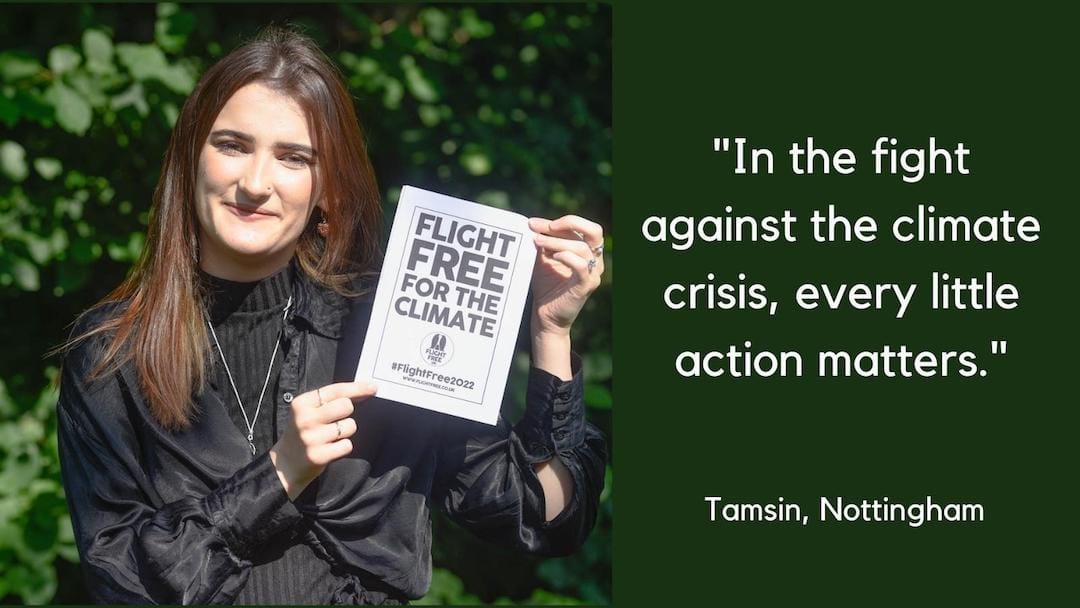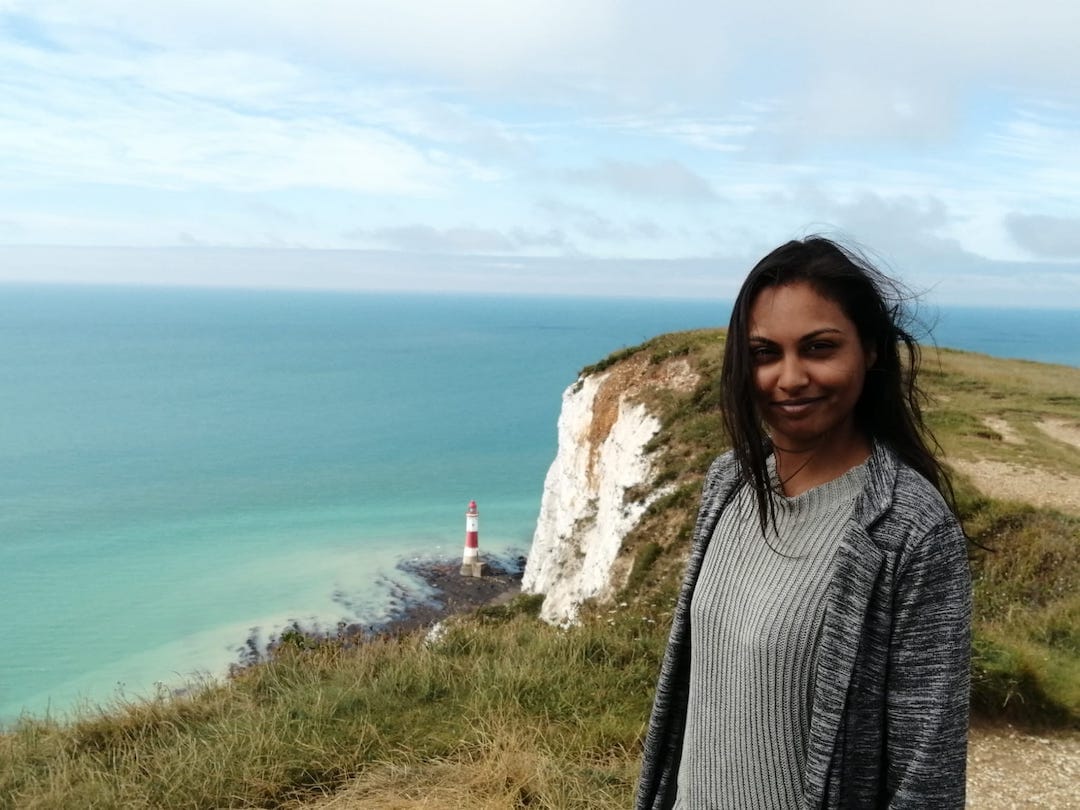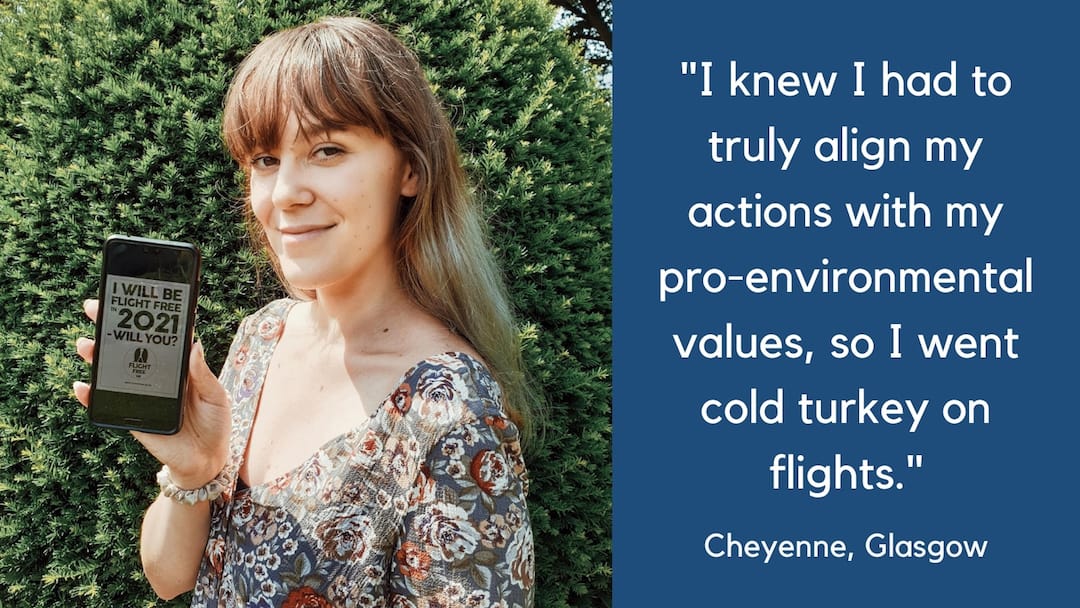“It will be over by Christmas,” they said in July 1914 when the first UK troops joined what was to become known as the Great War.
That sentiment re-emerged in March 2020, when we optimistically re-booked our cancelled trips for a few months later, expecting to have Covid done and dusted by September.
Now, much more than a year after the coronavirus pandemic started, we are still no more certain about what the future holds.
Perhaps naively, we started 2021 looking forward to a brighter year:
"So as we wish a not-so-fond farewell to 2020 and look forward to brighter things in 2021 – seeing loved ones, travelling, and enjoying the freedoms that have been denied to us – let's choose to do them without getting on a plane," we wrote back in January.
Yet it has continued to be a tough year for our campaign. One only has to look at the numbers: after reaching a total of over 6,800 pledges in our first year, we only just scraped past 5000 for the 2021 pledge. The expectation is for campaigns like this to grow, but all momentum was completely stymied by Covid.
How can we inspire people to travel by low-carbon means when those means are not there? How can we inform people of the climate impact of aviation when the energy and concern of the nation is more focussed on fighting Covid?
There are already many barriers to people travelling overland, and France (the overland gateway to Europe) being on the amber travel list hasn’t helped. Quarantine, vaccine passports and testing are all making travel much more complicated, more expensive and more uncertain than it has been in the past. Our inspiring stories of worldwide travel are sitting unused on our website, the stuff of dreams.
One of our challenges as a campaign is not just communicating to people why they should consider taking a flight free year, but getting that message onto people’s radars in the first place – a challenge made much harder when news outlets, once so interested in our campaign, are overrun with updates on Covid. We haven’t been able to hold events or attend demonstrations in the same way as we did before, and climate awareness seems to have slipped off the agenda.
‘Do you think this will result in behaviour change, given that people have been forced to give up flights this year?’ we were asked in a rare newspaper interview.
Yes, to a point. Many of us will have discovered some of the fabulous destinations we have here in the UK, and will be reconsidering our need to travel so much. For businesses, discovering that it is possible to operate, even thrive, without flights, will be a positive for our future sustainability.
On the other hand, there will be a large group of people who are desperate to get away – and who can blame them, with the year that we’ve just had. Restrictions tend not to lead to longer-term behaviour change unless you choose them for yourself, and over the past year we’ve had restrictions thrust upon us through necessity rather than desire.
What we at Flight Free UK need to do is continue to focus on the positives, and show that it does matter what action we take in our lives. It has been proven that emissions drop when we stop burning fossil fuels, and a slower, more mindful approach to travel can be a real positive for the traveller as well as for the planet.
If we can reach 10,000 people with our campaign this year, we will see that as a success. As we grow, we want to reach the kind of numbers that will create a noticeable shift in the way we do things, so it's no longer difficult or socially awkward to talk about why you've chosen not to fly. It’s possible, but difficult. We are up for the challenge.
It was the IPCC report in 2018 that inspired this campaign to launch. Now there has been another, more terrifying IPCC report, telling us that it’s make or break time: this is Code Red. Our intention is to make sure that people hear the message: we can make a difference, but it has to be big, and it has to be now.
Stopping flying is not the only thing we can do to solve the climate crisis – but we definitely won’t solve it if we continue to fly.




